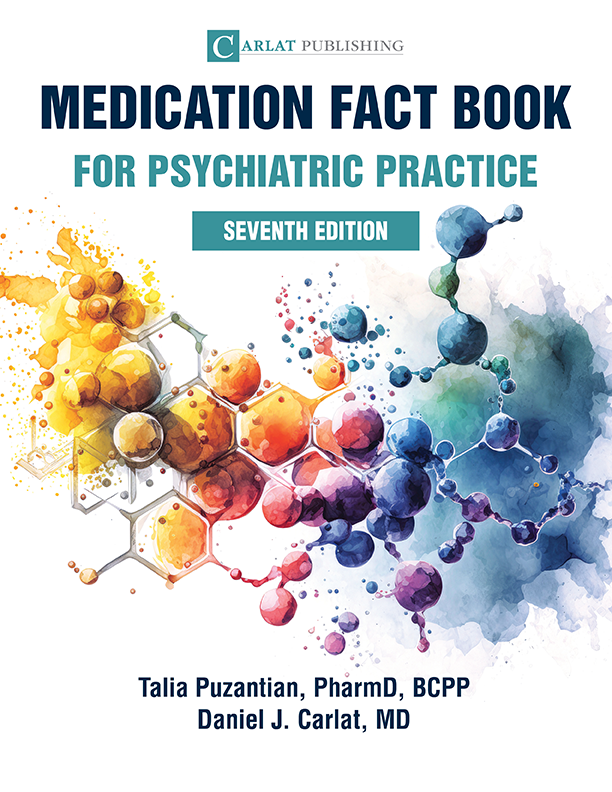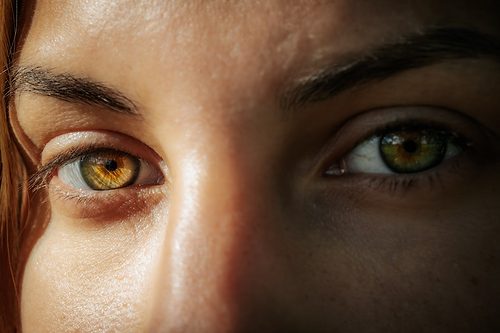General Psychiatry
Background of the CATIE Trial
John Hsiao, MD
Project Officer, National Institute of Mental Health
Dr. Hsiao has disclosed that he has no significant relationships with or financial interests in any commercial companies pertaining to this educational activity.
Read More

_-The-Breakthrough-Antipsychotic-That-Could-Change-Everything.jpg?1729528747)



